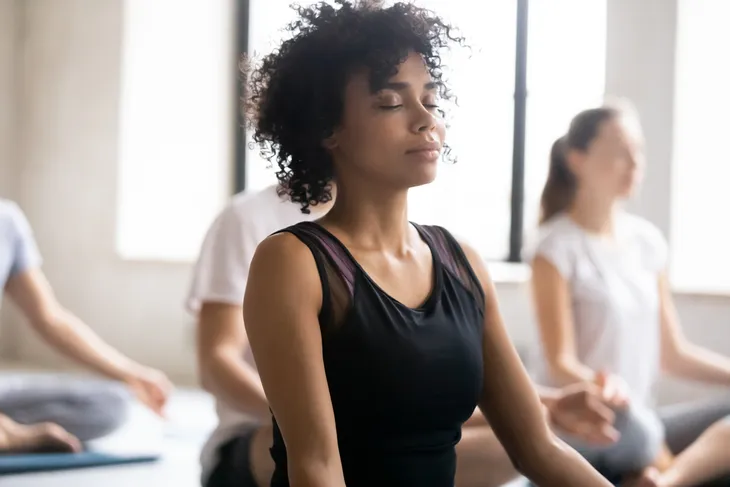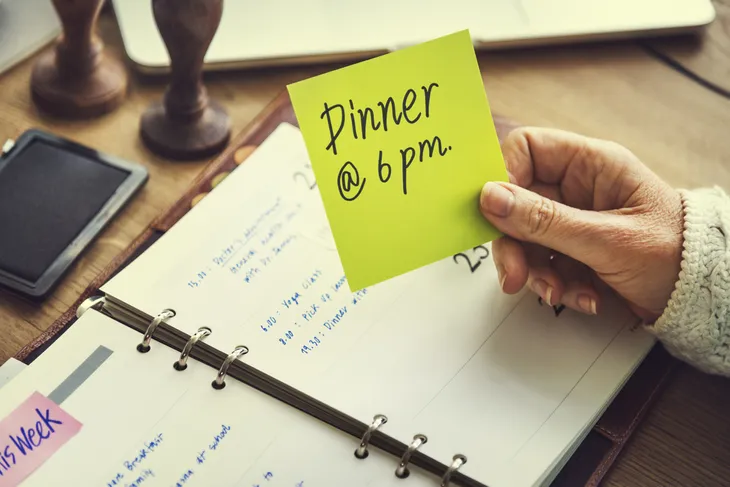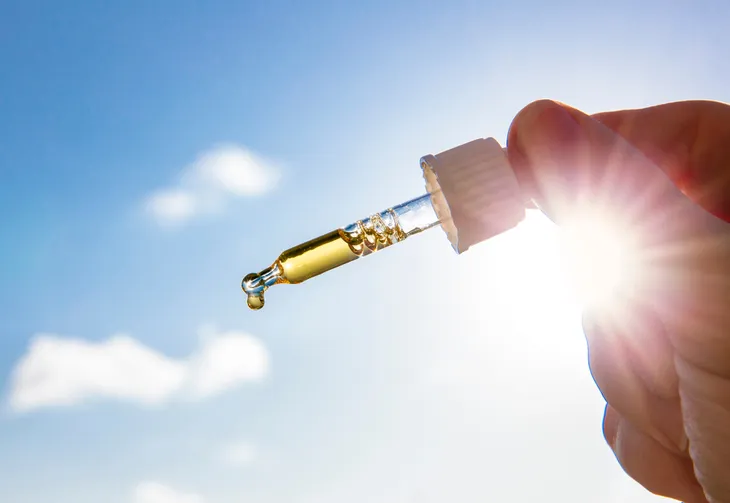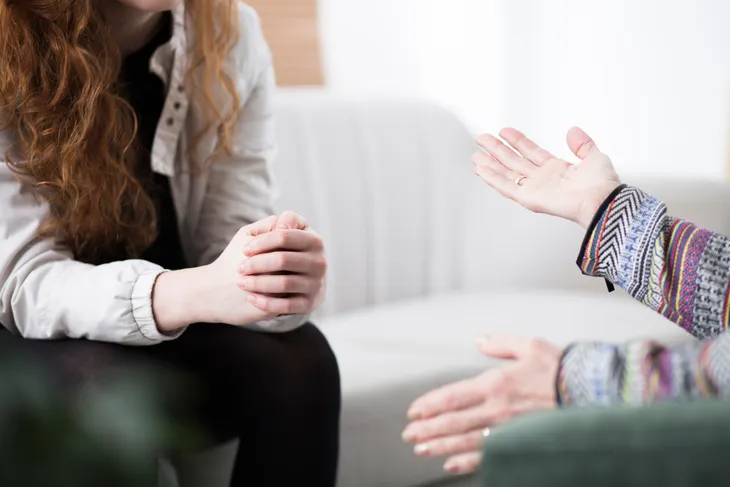- The most common symptoms of post-holiday blues are anxiety, irritability, fatigue, stress, and sadness.
- Post-holiday blues may occurs because of the heightened emotions around the holidays, both high and low.
- You can better cope with these feelings with regular exercise, time outside, therapy, and self-care.
With the excitement of the holidays over and the long, dreary, cold days ahead, feelings of sadness and loneliness can set in. The post-holiday blues are more common that one might initially think. In fact, a recent study showed the 3 in 5 Americans feel their mental health is made worse by the holidays.
While the utilization of psychiatric services goes down over the holidays, there’s a significant rebound effect right after the holidays according to a 2011 study. Here’s a look into everything to know about the post-holiday blues, including some tips on how to cope with this common phenomenon if it occurs in the New Year…
Signs of Post-Holiday Blues
The experience is similar to low-grade depression, also known as dysthymia, and is not normally long-lasting. Common signs and symptoms of the post-holiday blues include feeling:
- Anxious
- Irritabile
- Tired
- Unmotivated
- Stressed
- Sad or depressed
- Empty
Reasons For Post-Holiday Blues
There are a number of reasons people experience the post-holiday blues. Emotions tend to be heightened over the holidays, including highs and lows. After a prolonged time of celebrations, emotions can swing to the opposite end of the spectrum and you may go through a period of time where it’s difficult to regulate your emotions.
Common reasons people might experience this type of “blues” include:
- Seasonal affective disorder (SAD)
- Loneliness after a busy period seeing friends and family over the holidays
- Grief or loss, over things like experiencing a holiday after a family member has passed away or become estranged
- Stress, over things such as finances after holiday and Black Friday spending
Ways To Deal With Post-Holiday Blues
There are many ways to help reduce the impact of post holiday blues and get through the coldest and dreariest months of the year. Here are 8 strategies to cope with the post-holiday blues:
Get Outdoors
Many studies show that spending time outside – both in green and blue spaces – has a positive impact on a person’s mental health, stress and overall psychological well-being.
If you’re struggling after the holidays, increase the amount of time spent outside, even if you don’t feel like it. Even in cold or snowy weather, you can for walks, try a new sport like snowshoeing or cross-country skiing, or go skating or build a snowman with a friend.
Move Your Body
Exercise is important, no matter your mental state, but moving your body – even gently – can help improve your mental health. This is because physical activity releases endorphins that help your brain feel good and have an antidepressant effect.
You can go outdoors for a hike or walk, head to the gym, or do a YouTube pilates or yoga class in your living room. Movement doesn’t have to be expensive or intense to have benefits for your mental health.
Schedule Things To Look Forward To
Sometimes, part of the post-holiday blues is the realization that there’s nothing to look forward to for a while. January can feel like a slog. In fact, it’s the most depressing month of the year!
Reach out to friends and family and make plans together. Scheduling get-togethers and putting them in the calendar – giving you something to look forward to – can really help those feelings of loneliness and the post-holiday letdown.
Talk To Someone
After spending so much time with loved ones over the holidays, you may experience loneliness and feelings of isolation. However, connection is important for mental health. Make time to connect with those you care about, whether that’s in person or over the phone.
Try sending a text or making a phone call, hopping on Zoom, or even playing a virtual game with a friend! There are small ways to connect, even if there’s physical distance between you and your family or friends.
Be Gentle With Yourself
When you’re experiencing symptoms of the post-holiday blues like lack of motivation, sadness and tiredness, it can be easy to beat yourself up. But try to treat and talk to yourself like you would if a close friend was struggling.
Be gentle with yourself, affording yourself some kindness and grace as you struggle. Do calming things like having a hot bath, watch your favorite movies, wear cozy clothes, and other small actions of self-care and love.
Get Back to Healthy Habits
With time off of work, family and friend gatherings, and late night celebrations, the holidays result in a disruption in routine for most people. Returning to or implementing new healthy habits can help you move through the post-holiday blues. These can include:
- Eating a balanced diet
- Drinking enough water
- Moving your body everyday
- Practicing meditation
- Getting enough sleep
- Reducing screen time and social media use
Take Vitamin D
Low levels of vitamin D may contribute to seasonal affective disorder (SAD) and the post-holiday blues. This is primarily caused by the lack of sufficient exposure to sunshine during the colder, darker times of the year.
Adding a daily dose of vitamin D drops to your diet may help alleviate some of the symptoms, though research is still undecided on the role it may play. Speak to your doctor or nutritionist if you have any questions about adding this supplement.
Plan a Sunny Vacation
If you can afford it, schedule a vacation for sometime in the months following the holidays. Ideally, head somewhere sunny where you can escape the grey and soak up the vitamin D.
Look for flight or all-inclusive deals if you’re on a tight budget but still want a getaway. This gives you something to look forward to, pumps you full of vitamin D, allows to you to relax and gets you outdoors! It’s a win all around.
Ask For Help
If you’re still struggling after trying to implement some of these tactics, or if your “blues” start to feel more significant, it may be time to get some help from a professional. Talk to your doctor or make an appointment with a therapist who can provide support.
If traditional therapy is out of reach, consider online therapy, which is much more affordable and can be done from the comfort of your home. BetterHelp and Talkspace are two great options that have a variety of plans and thousands of licensed practitioners to help you with your mental health.














